After getting pulled over, you may be wondering if there is a difference in a citation vs. a ticket. Citation is the legal name for a ticket, and all tickets are citations.
You must legally respond to the court with jurisdiction if you receive a citation. Check out this guide to learn more about citations and what to do if you receive one. It includes valuable information on the steps to addressing your ticket and avoiding years of increased insurance premiums.
Is a Citation a Ticket?
A citation is a ticket. A ticket is a name commonly used when people receive a traffic violation. However, they are the same thing. It is important to note that a citation or ticket differs from a warning.
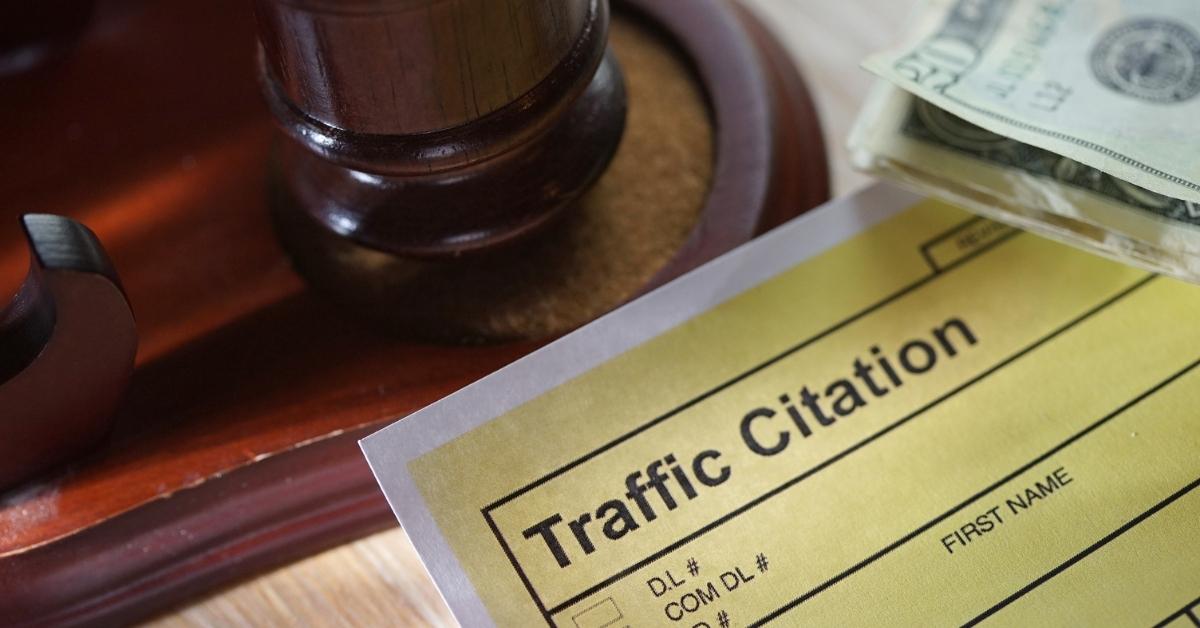
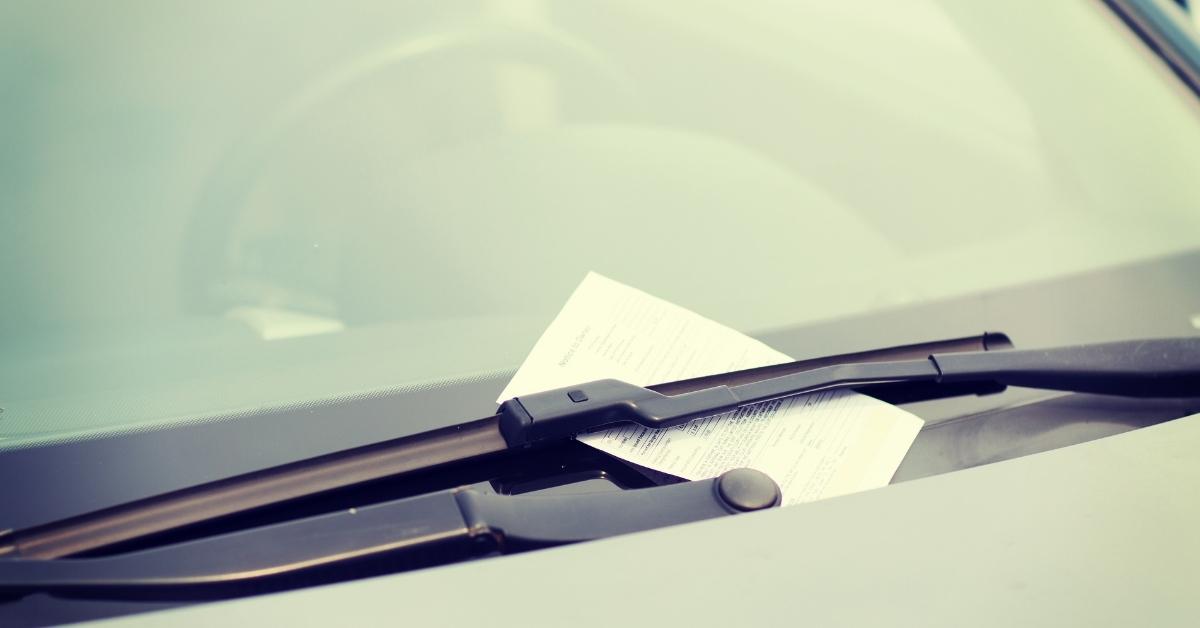
You do not have to appear in court or pay a fine when you receive a warning. It is just a way for an officer to officially notify you that you are breaking the law without enforcing legal action.
However, a citation or ticket requires you to take some legal action, like paying a fine or appearing before a judge. If you ignore a ticket, the judge will likely issue a warrant for your arrest.
What is a Citation?
A citation is a document issued to an individual that requires them to submit a response, pay a fine, or appear in court.
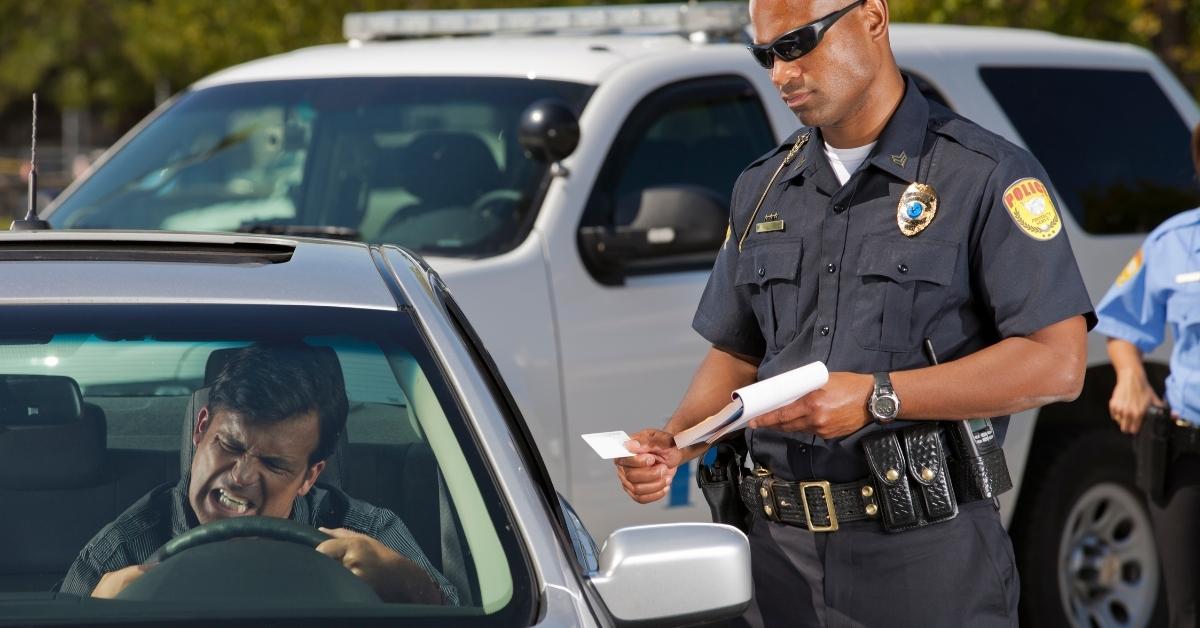
The citation gives information like:
- Recipient’s Name
- Offender’s Date of Birth
- Offender’s Physical Identifying Information
- Date of the Offense
- Offense Types
- Details of the Offense
- Appearance Date or Last Date to Respond
- Court Contact Information
Citation/Ticket Types
There are many different types of citations that you can receive. Different citation types may have additional requirements. Some require you to enter a plea by mail and send in a fine, while others require that you actually appear in court before a judge on a specific day.
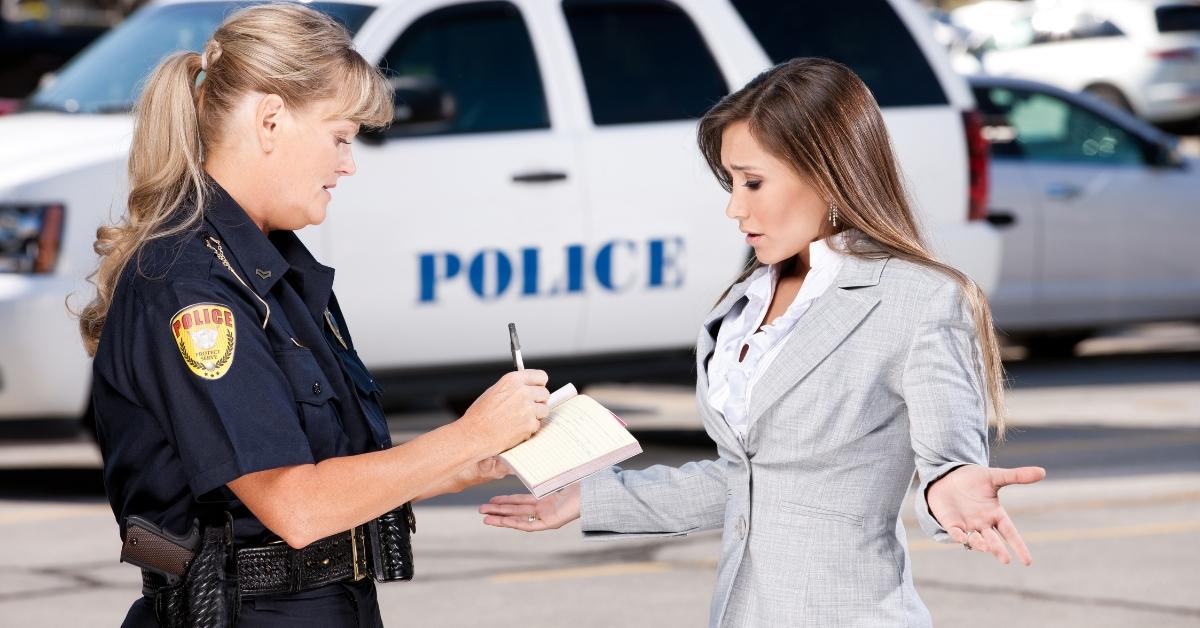
Some of the different citations you may receive include:
- No Registration
- No Vehicle Inspection
- Driving With a Suspended License
- Failure to Maintain Auto Insurance
- Talking on a Cell Phone
- Parking
- Speeding
- Open Container
- Misdemeanor Theft
- Open Alcohol Container in a Motor Vehicle
- Public Intoxication
What Should You Do If You Get a Citation or Ticket?
Responding within the allotted time is important if you receive a citation or ticket. Responding appropriately is also essential. So, here are the steps you should follow:
- Hire an attorney if you want one to represent you.
- Gather any supporting documents you have.
- Respond to or appear in court by the date on the citation.
- Dress appropriately.
- Address the judge as ‘Your Honor.’
- Listen to everything the judge says.
- Ask the judge about any defensive driving or probation programs the court offers.
- Decide how you want to handle the citation.
- Advise the judge of your decision.
If you plead no contest or guilty, the judge will impose a fine or require you to complete a program. Some programs include brief probation, penalties, or community service. Most courts allow you to pay your fines with a debit or credit card. However, some jurisdictions may require payment through a certified check.
When you plead ‘not guilty,’ the judge will set your case for a trial by judge or jury. You may also speak to the district attorney or prosecutor and request that they show you any evidence they have. You may be able to negotiate a deal with them, mainly if your citation includes more than one offense.
Do You Need an Attorney When You Get a Citation?
You do not need an attorney to respond to a citation. However, it is often a good idea. Traffic violations count against your driving record, and having too many violations can cause you to lose your driver’s license.
Hiring an attorney often costs less than paying the fine and increased auto insurance rates that you may have to pay for years after a traffic conviction.
Can You Contest a Citation?
When you receive a citation, you can enter a plea of ‘not guilty,’ ‘no-contest,’ or ‘guilty.’ If you enter a ‘not guilty’ plea, the judge will ask that you reappear at a show-cause hearing. At the show-cause hearing, the district attorney will present the evidence against you, and you will have a chance to negotiate a deal.
The judge will schedule your case for trial if you cannot negotiate a deal with the prosecuting attorney.
What Do Tickets or Citations Do to Your Insurance Premiums?
Many people are concerned about how they will handle their citations. Yet, they do not realize that after addressing a citation, they may be subject to higher insurance premiums for years.
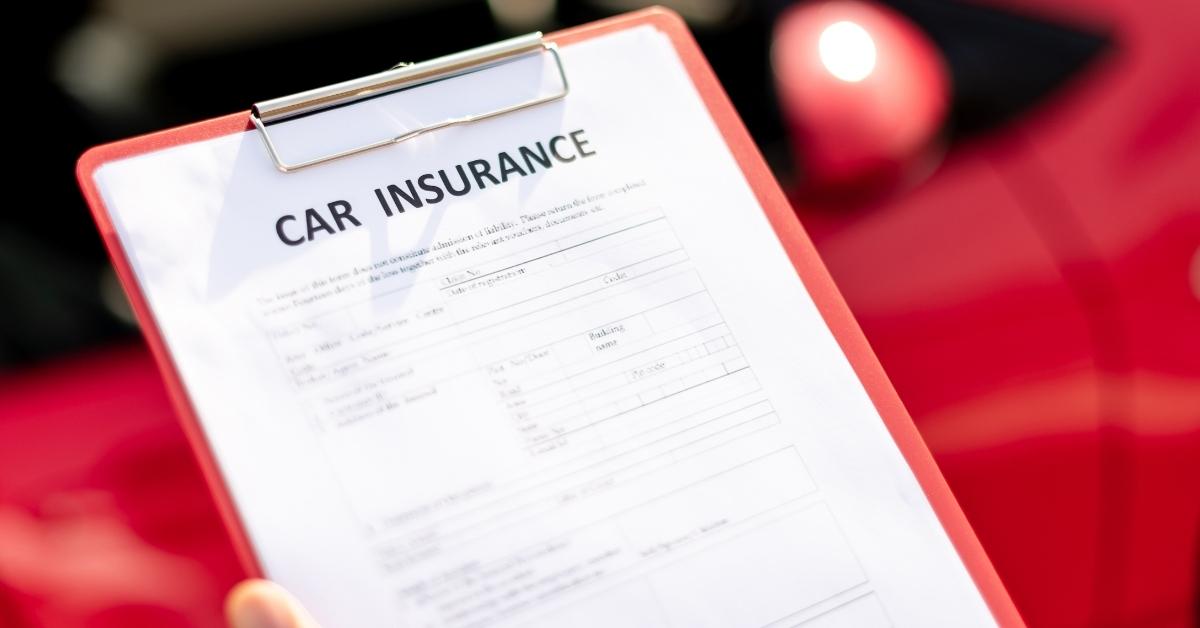
After a motorist receives several convictions for not maintaining financial responsibility, they may have to provide the Department of Transportation with a copy of a document called an SR-22 that notifies the state that they have met its insurance requirements before they are eligible to operate a motor vehicle.
Final Advice on Handling a Citation or Ticket
You must handle citations promptly. Failing to appear before a judge when you are legally required could result in the court issuing a warrant for your arrest.
Once the court issues a failure to appear or bench warrant, an officer could arrest you at any time. Furthermore, you lose some rights when you have a traffic warrant. For example, an open warrant may give an officer probable cause to search you.
So, like paying taxes, handling traffic citations is a personal finance matter you do not want to ignore. Citations do not go away; even after years, an ignored violation can prevent you from renewing your driver’s license.
If you cannot pay off your citation when you receive it, you may need to adjust your budget and ask the judge for a payment plan. The judge will likely impose an additional charge if you do not uphold the original payment arrangements.
